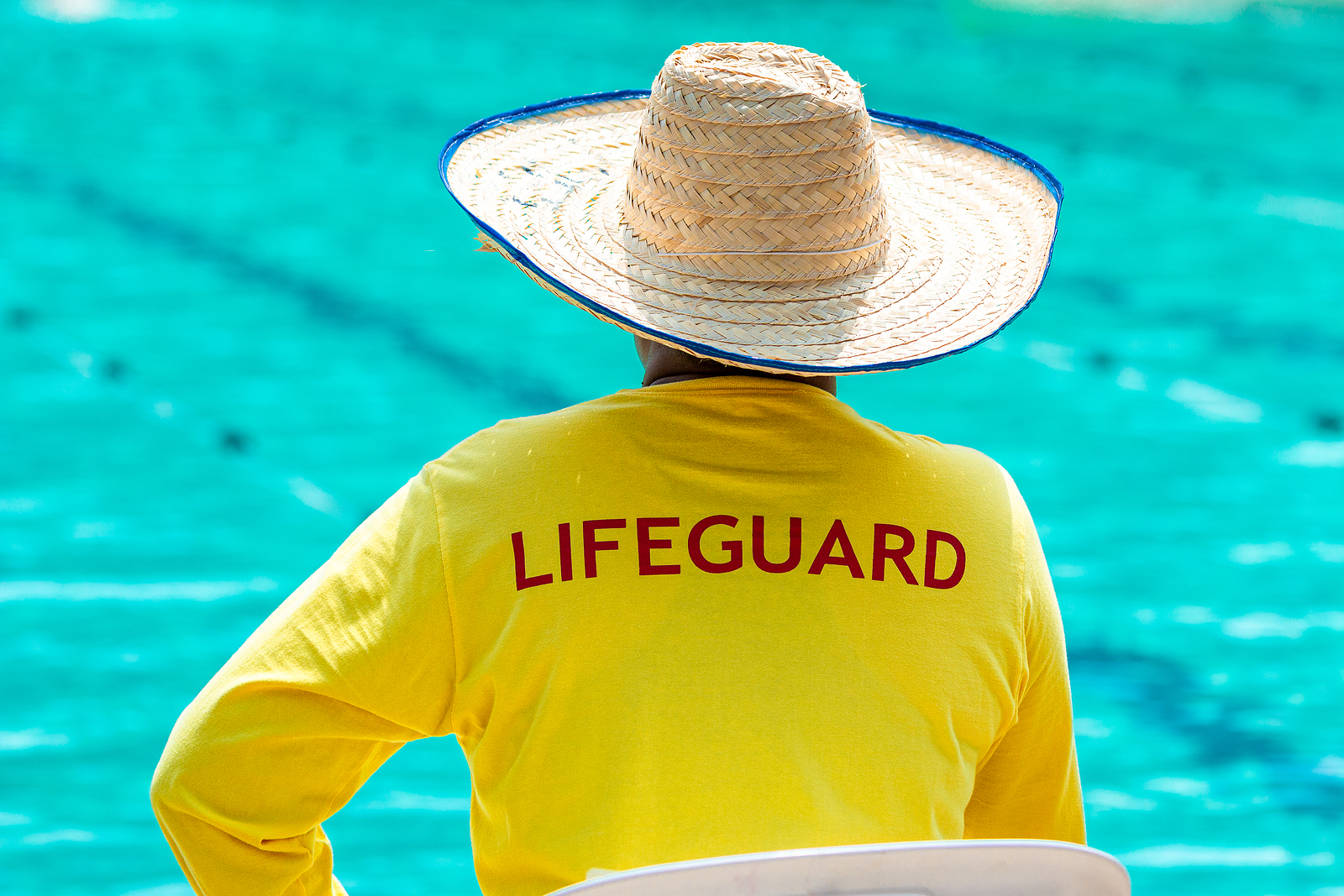Age Restrictions
For teens younger than 18 years, The Fair Labor Standards Act(FLSA) restricts the hours of work and nature of occupations. Federal child labor laws prohibit employment by minors in jobs and conditions detrimental to their health or well-being. Iowa child labor law largely mirrors federal law. However, Iowa is more restrictive in a few areas, particularly regarding occupations which handle hazardous chemicals. The permissible jobs and hours of work, by age, in non-farm tasks are as follows:
- Individuals18 years or older may perform any job, whether hazardous or not, for unlimited hours.
- Youth age 16 and 17 may perform non-hazardous jobs for unlimited hours.
- Youth age 14 and 15 may work outside school hours in various nonmanufacturing, non-mining, non-hazardous jobs under the following conditions: no more than three hours on a school day, 18 hours in a school week, eight hours on a non-school day, or 40 hours in a non-school week. In addition, they may not begin work before 7 a.m. nor end after 7 p.m., except from June 1 through Labor Day, when evening hours are extended until 9 p.m. They may not work during school hours, except as provided in Work Experience and Career Exploration Programs (WECEP). Under these special provisions, youth ages 14 and 15 enrolled in an approved WECEP may be employed for up to 23 hours in school weeks and 3 hours on school days (including school hours).
Records Requirements
Persons under age 16 shall not be employed unless a work permit is on file. Work permits are prepared by the employer using a form available from the Department of Workforce Development. Employers must keep records of the date of birth of employees under age 19, their daily starting and quitting times, daily and weekly hours worked and their occupation. Although it is not a requirement, employers can request a certificate of age for persons of age 16 years and older. Employers may protect themselves from unintentional violations of the child labor provisions by keeping the certificate for each youth on file to show they are the minimum age for the job. Employers are subject to a civil penalty of up to $10,000 for each employee who is the subject of a child labor violation.
Training
In addition to providing seasonal and part-time employees with key knowledge and skills necessary to perform their job effectively; training should also be used as an opportunity to communicate the city’s personnel and safety policies. Cities should provide each employee with a copy of the policies and be given time to read the document and ask questions regarding any policy that needs further clarification. Employers should also require each employee to formally acknowledge receipt of the policies, which should be filed in the personnel file of the employee.
Minimum Wage Requirements
The state hourly wage increased to $7.25 on January 1, 2008.The state and federal government both have separate provisions for lower hourly wages during the first 90 days of employment; employers must pay the higher of the two rates which is the state rate of $6.35. However, as a result of applicable federal law, this rate is only available to workers under 20 years of age. There are other state and federal laws, regulations and work programs that impact minimum wage requirements in certain situations. It is important that your city attorney review any situation where less than minimum wage is being paid to an employee.
IPERS Coverage and Benefit Requirements
The Iowa Public Employees Retirement System (IPERS) defines a temporary employee as an individual hired to work less than six months or on an irregular, seasonal or on-call basis. In general, most temporary employees are excluded from IPERS coverage. However, in some cases a temporary employee may become eligible for IPERS coverage if an “ongoing relationship” with an IPERS employer is established when wages paid are $1,000 or more for two consecutive quarters, or when employed for 1,040 hours or more in a calendar year.






